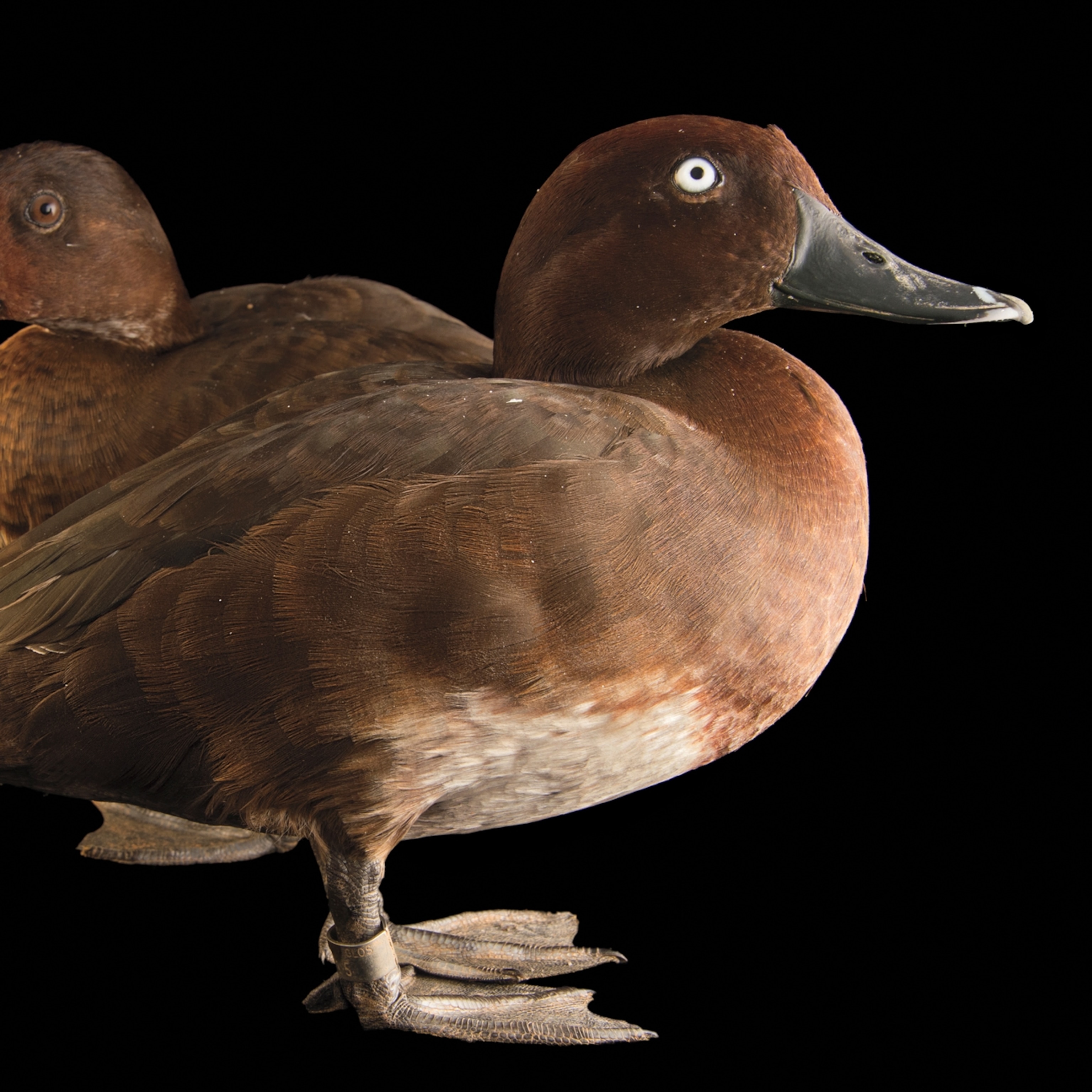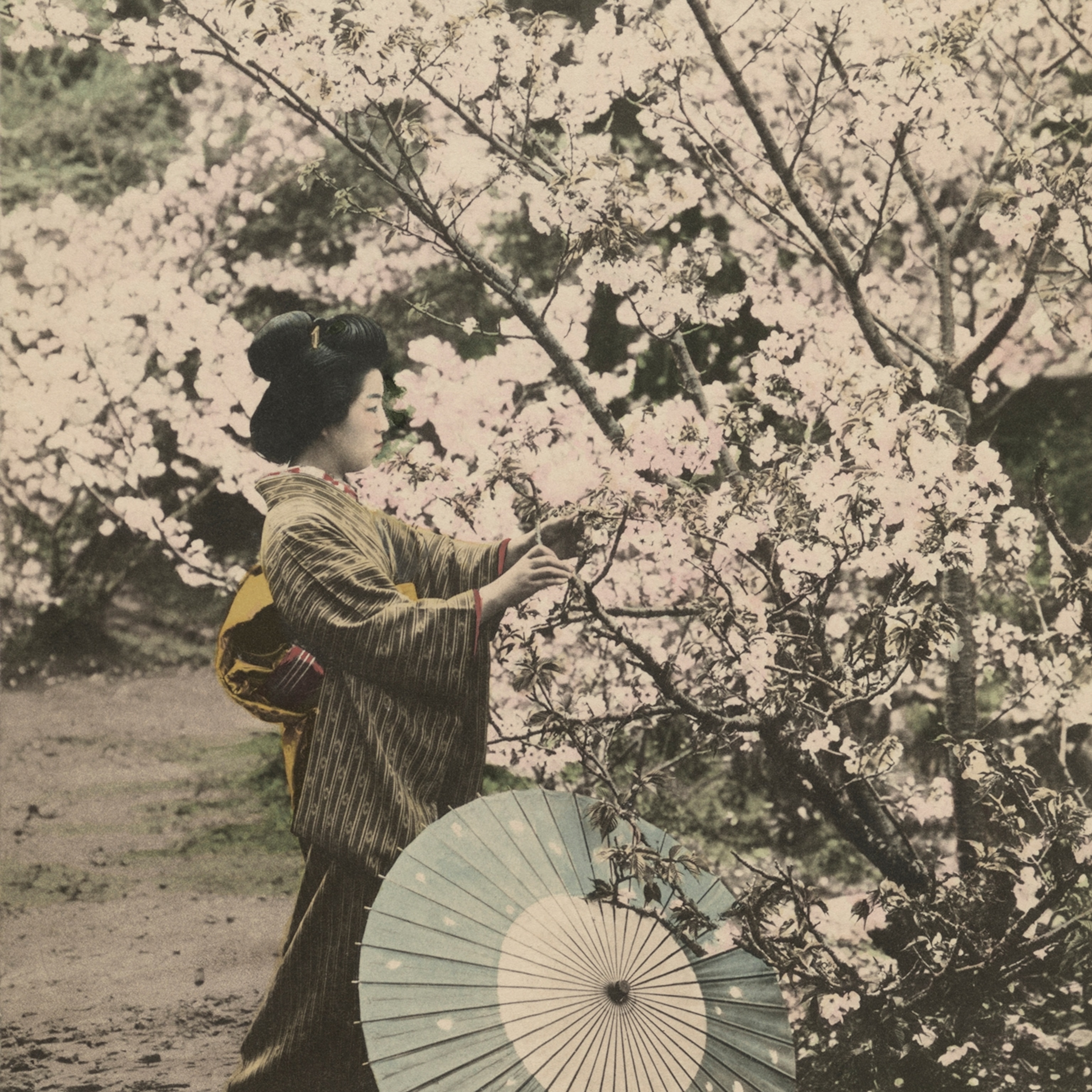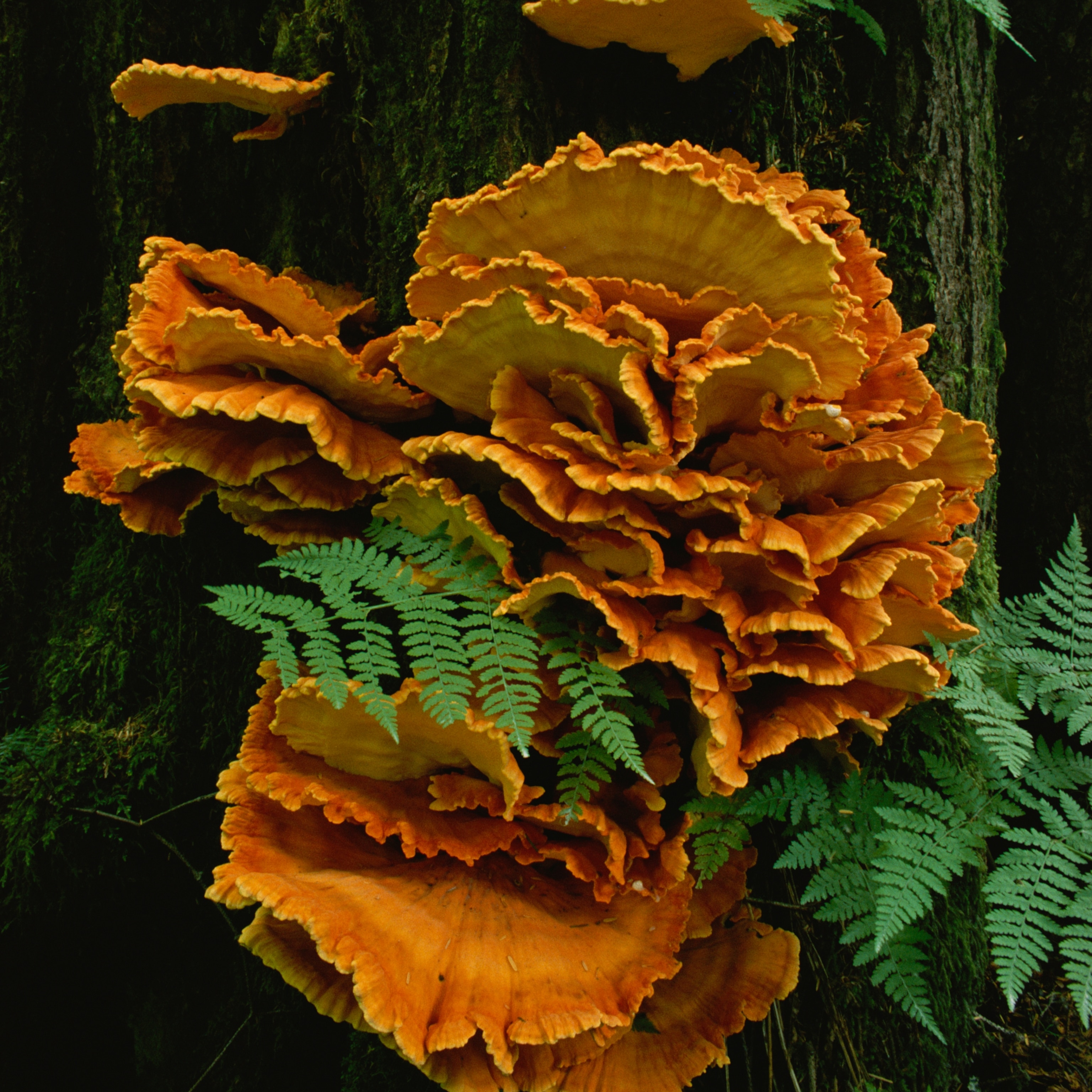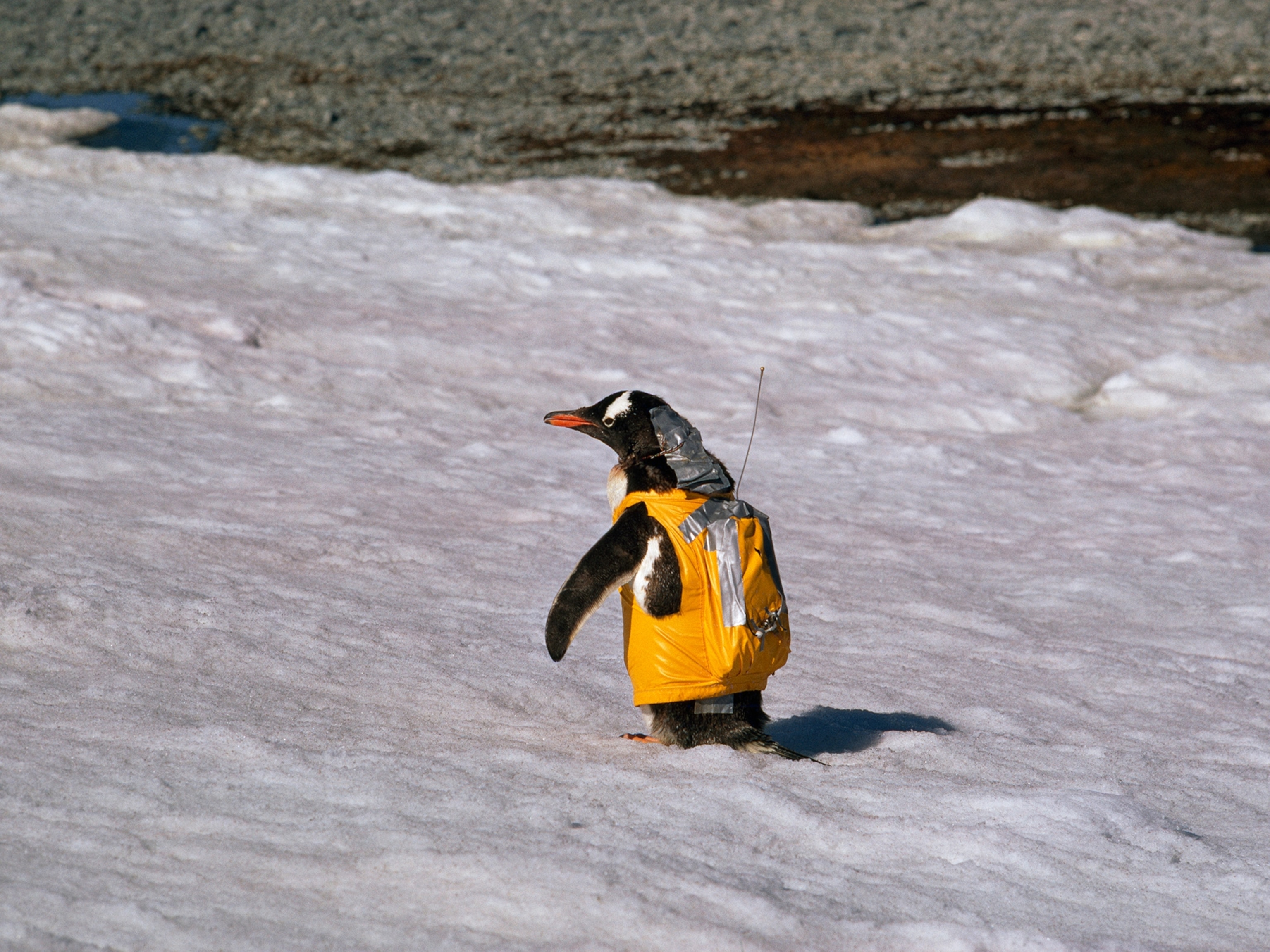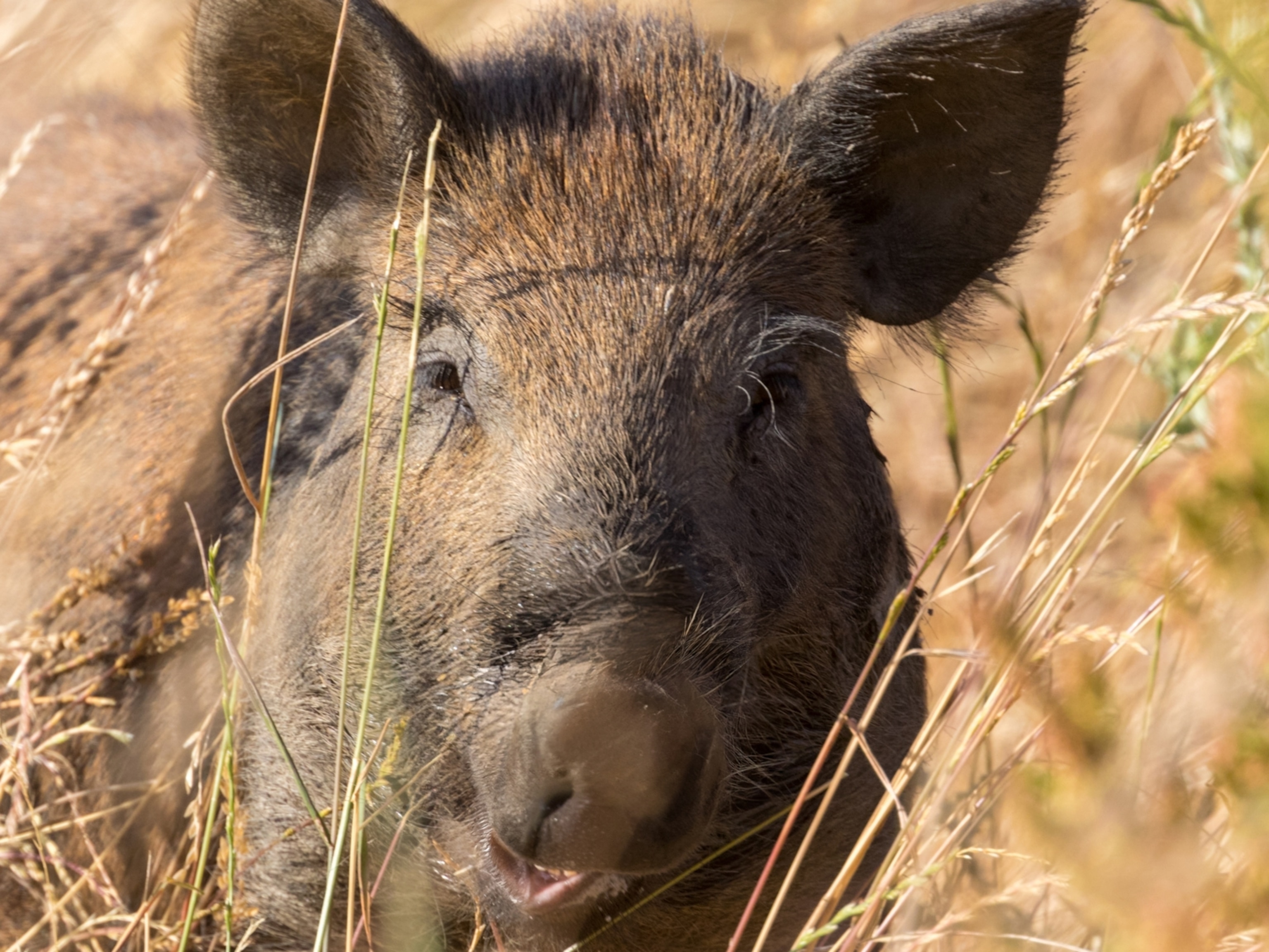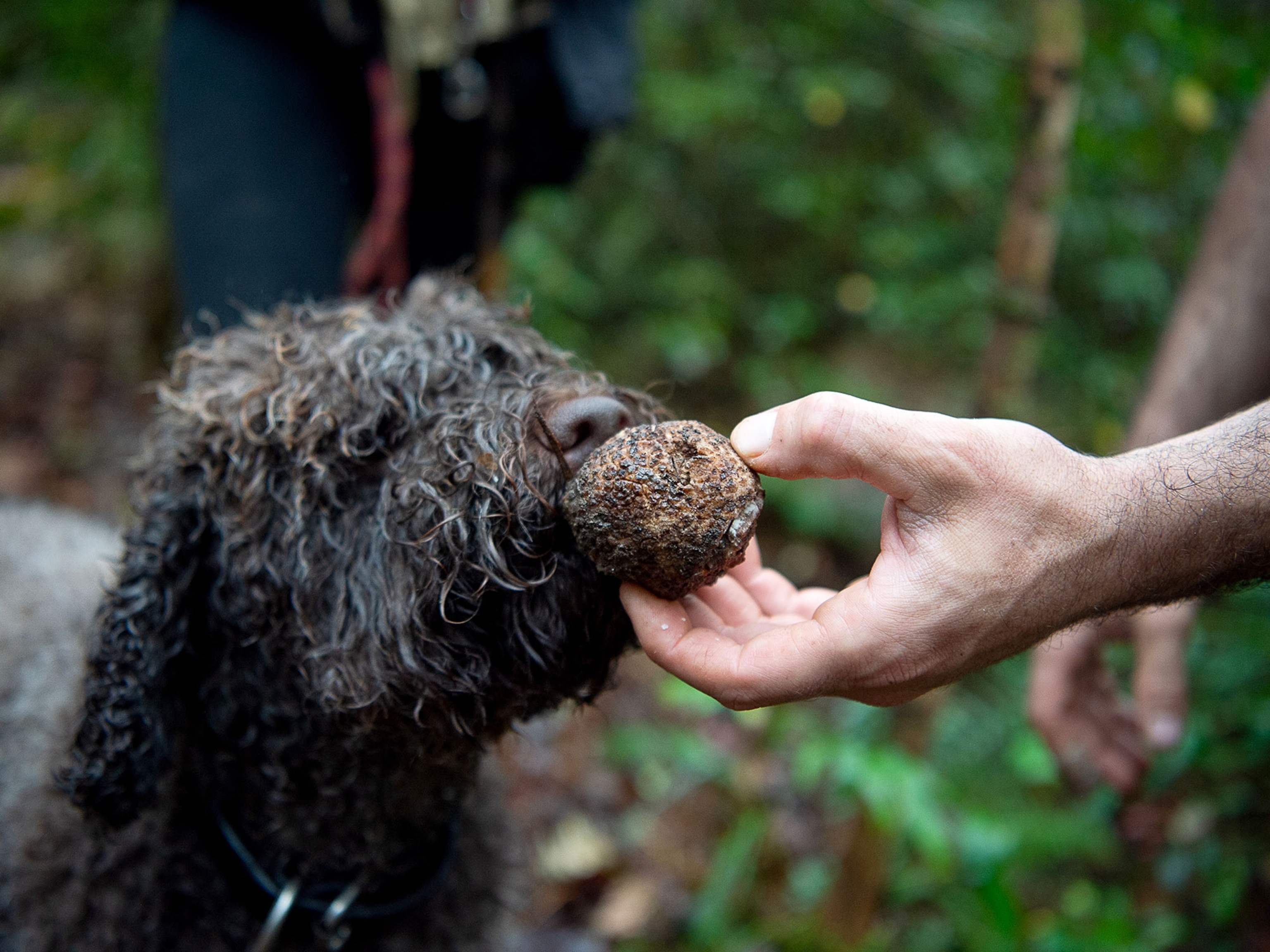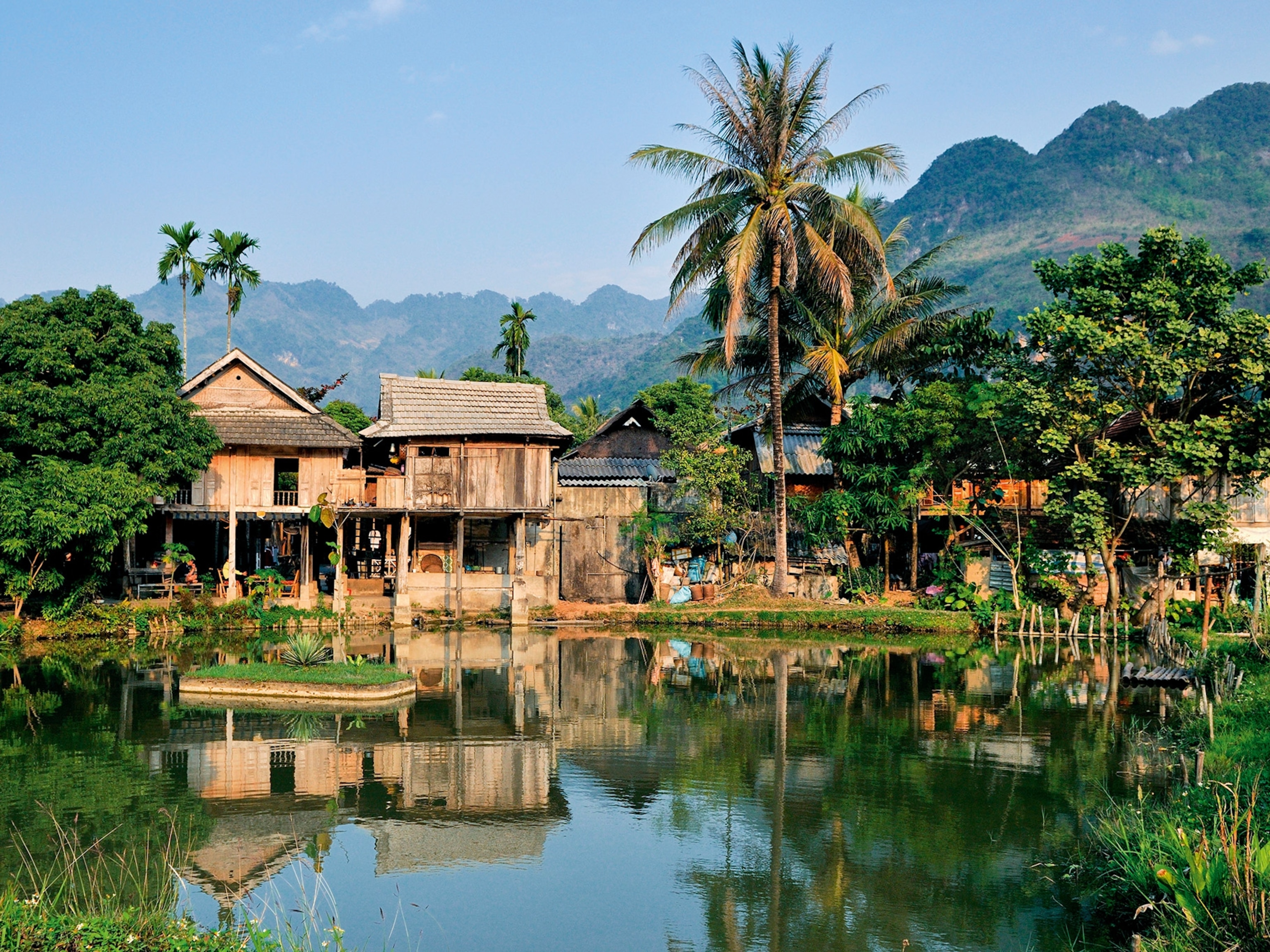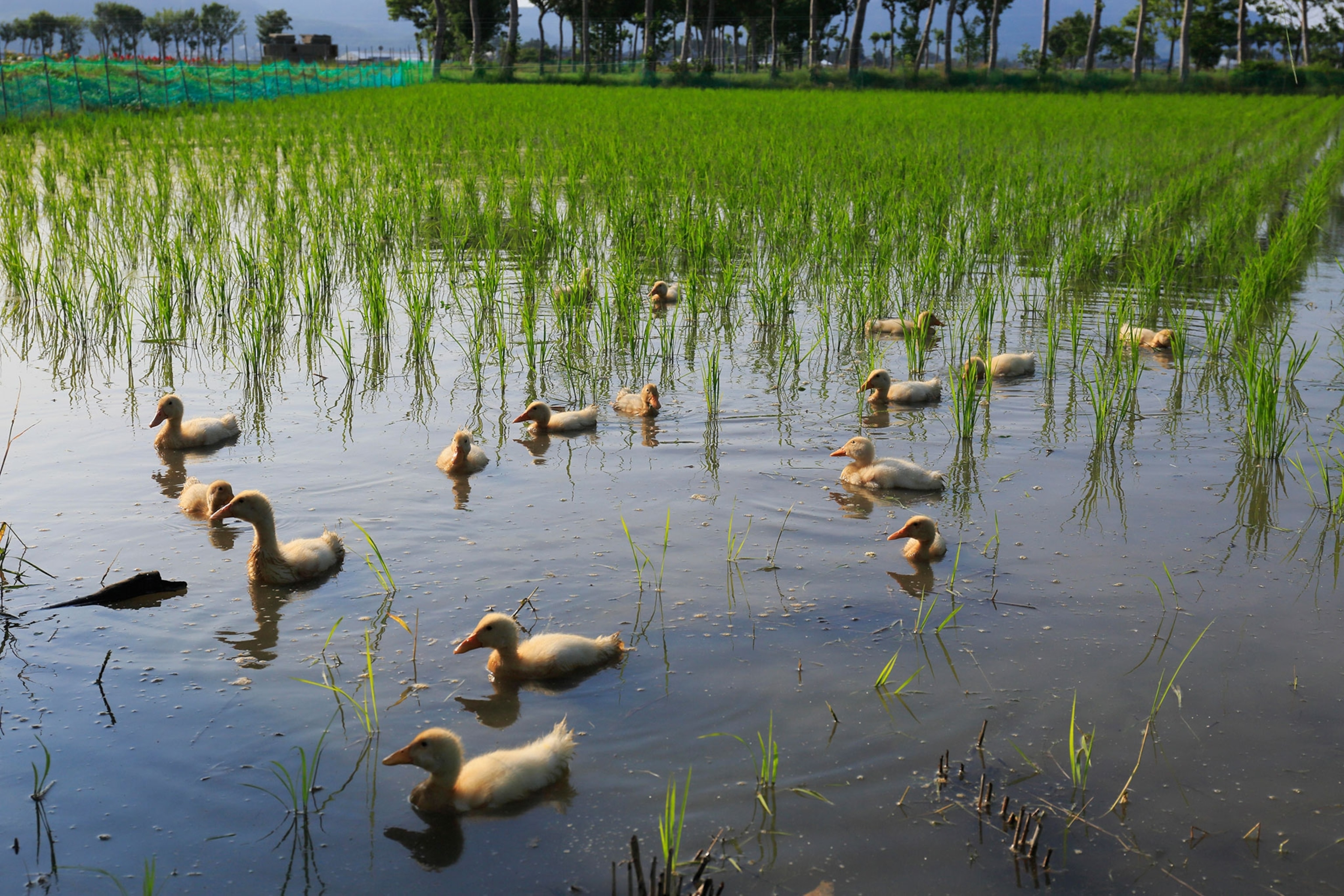
Want Cleaner Rice Paddies? Find a Flock of Ducks
Farmers in China, Japan, Iran, and France are beginning to return to ancient methods of rice farming using more birds and fewer pesticides.
At 6 o’clock in a recent summer morning, Tang Zhengqing is already on his way out, with seven ducks waddling in front of him. They walk in pouring rain, cross bridges and streams, and slip on muddy roads for nearly 20 minutes. The destination? Rice paddies several kilometers away.
Rain or shine, Tang has followed this routine for three years. “In the past, I didn’t care where my ducks would be; But now I want to make sure they all go to my rice paddies,” the 60-year-old says, while leading the ducks to the right track with a bamboo stick.
Tang’s ducks carry a special mission—They guard crops from insect attacks and are responsible for weeding. With ducks tearing up weeds, preying on pests and leaving their manure behind as organic plant food, rice growers like Tang can eliminate the need for artificial fertilizers, herbicides and pesticides.
This technique—known as integrated rice-duck farming—is not entirely new. Growing ducks and rice together in irrigated paddy fields was documented in China some 600 years ago, and Chinese farmers practiced it for centuries until they were lured away by quick fixes like synthetic nitrogen fertilizer and chemical pesticides. But as the use of industrial technologies has posed a growing threat to the environment in recent years, some farmers have turned to ancient wisdom to feed the world’s hungry.
Takao Furuno, a Japanese farmer, wrote a step-by-step guidebook teaching how to steer away from chemical-dependent rice production by embracing the power of ducks in modern times. Across Asia, tens of thousands of rice growers follow suit, so do villagers in France and Iran. Such practice has also inspired professionals in other fields: Winemakers in South Africa, for instance, have hired an army of 800 Indian runner ducks to patrol their vineyards.
And in the small southern Chinese village of Xiangyang, the journey to revive integrated rice-duck farming began with a man’s burning desire for high-quality food.
Liu Shangwen, a 37-year-old environmentalist-turned-entrepreneur, came up with the idea of producing high-quality food in 2012, shortly after his initial business approach—building a platform to sell such food—failed because of a lack of supply. A fan of China’s ancient farming history, he began searching for clues from the past that might help.
“Rice is a staple food in China, and I’ve heard of enlisting ducks to produce organic rice from my previous work,” explains Liu. To bring the practice back to life, Liu and his team researched ancient literature and reached out to university professors for advice. It turned out the best teachers for such technique are actually the people they wanted to teach—farmers themselves.
“Back in the 1970s, there were no chemical pesticides and synthetic nitrogen fertilizers in the village,” says Tang, one of the first participants in Liu’s rice-duck farming program. Tang said his family used to enrich the soil with composts and make pesticides out of herbs. “Ducks also helped a lot, by eating or crushing snails. At that time, insect attacks were barely a concern,” he recalled.
For Tang and other villagers who lived through that period, the introduction of the integrated rice-duck farming simply means going back to the tradition. Weeks-old chicks are let loose as the farmers begin to plant rice. They swim and waddle on the waterlogged arena, bumping and tweaking the plants. All the rocking and rolling help produce healthy grains, Tang says. And when the crops begin bearing fruit, it’s time to keep ducks away, for the reason that the once loyal guards of rice paddies will soon become thieves.
Although the villagers have inherited most of the technical know-hows from their ancestors, there were many learning moments, too. Some farmers reported ducklings damaging the young crops. Others lost ducks to weasels and street dogs.
Still, the use of the integrated rice-duck farming has grown in popularity. Liu said when he rolled the program out in 2012, only seven farmers took part. Now, the number of participants has climbed to more than 50, with many more on the waiting list.
Most farmers have chosen this technique because the produced rice can be sold at higher prices. Liu’s company, Guangzhou-based Rice Harmony, brands the rice as eco-conscious and targets families and restaurants in the Pearl River Delta in southern China where the emerging middle class has stronger purchasing power and more awareness of environmental concerns and the food supply. It is not yet available out of China.
Integrating ducks into rice farming has also helped farmers cope with the impacts of climate change. Temperatures in the hilly region of Xiangyang have increased in recent years, and so have the number of insect attacks. In 2013, a rice grower not far from Tang’s field lost two-thirds of yields to pests, despite the intensive use of chemical pesticides. In contrast, “insect attacks did not bother me at all,” Tang said, adding that his ducks did a really good job in spotting and killing the pests, with little help from biopesticides.
This year, Tang launched a fledgling movement that aims to change farmers’ attachment to pesticides. By completely stopping pesticide use in his own rice paddies, Tang wants to demonstrate how capable ducks are. While it is too early to know if the approach will work, he says the reduction in using pesticides have already made a difference.
“We didn’t see egrets in the village for more than ten years, but now some are coming back,” Tang says, pointing out an egret nearby. “The use of toxic chemicals has scared them away,” he continues. “But as we spray less pesticides, more birds return. I recently even saw pheasants in my rice paddies.”
Tang believes other wildlife will also return eventually. “The environment will change as people change, and people in this village are changing,” Tang says, his words echoed by “Quack-quack-quack” from ducks in his field.
Coco Liu is an award-winning journalist writing most often about energy and climate change. She is based in Hong Kong and has reported widely from across Asia. Coco loves changemakers and solution-oriented stories. You can find her on Twitter @cocojournalist.
